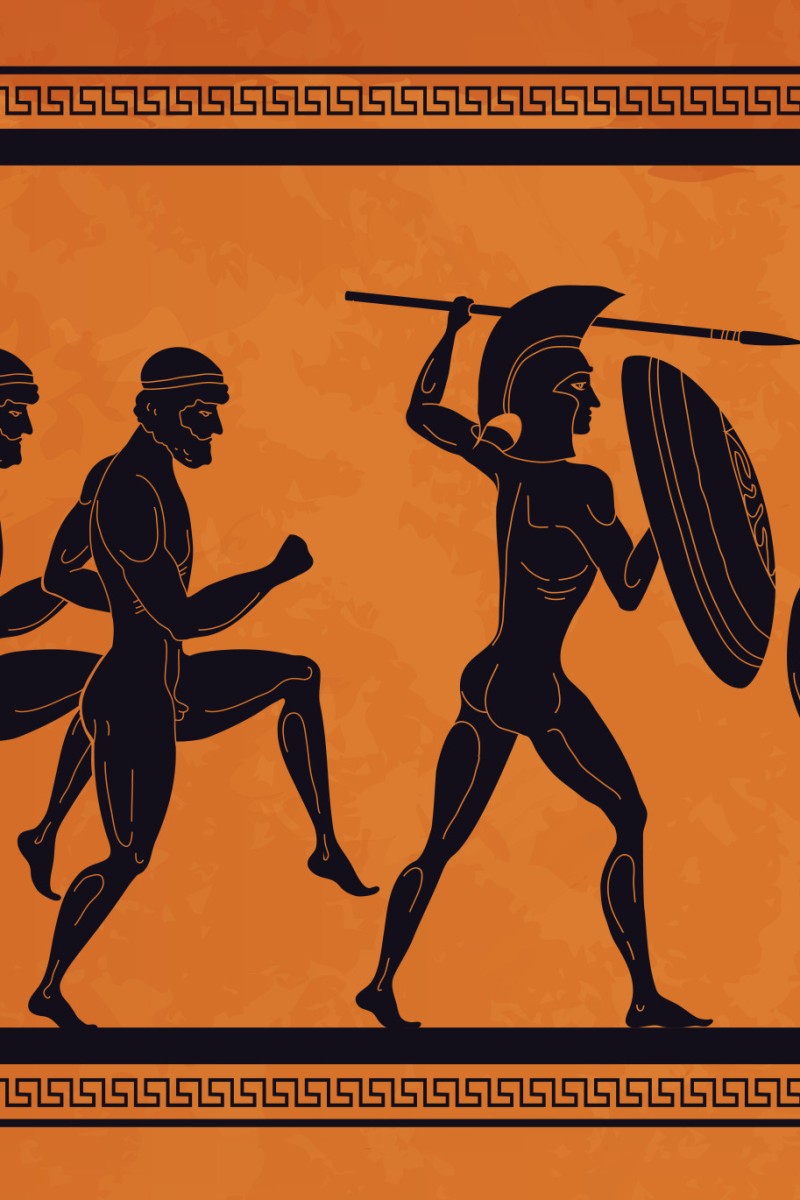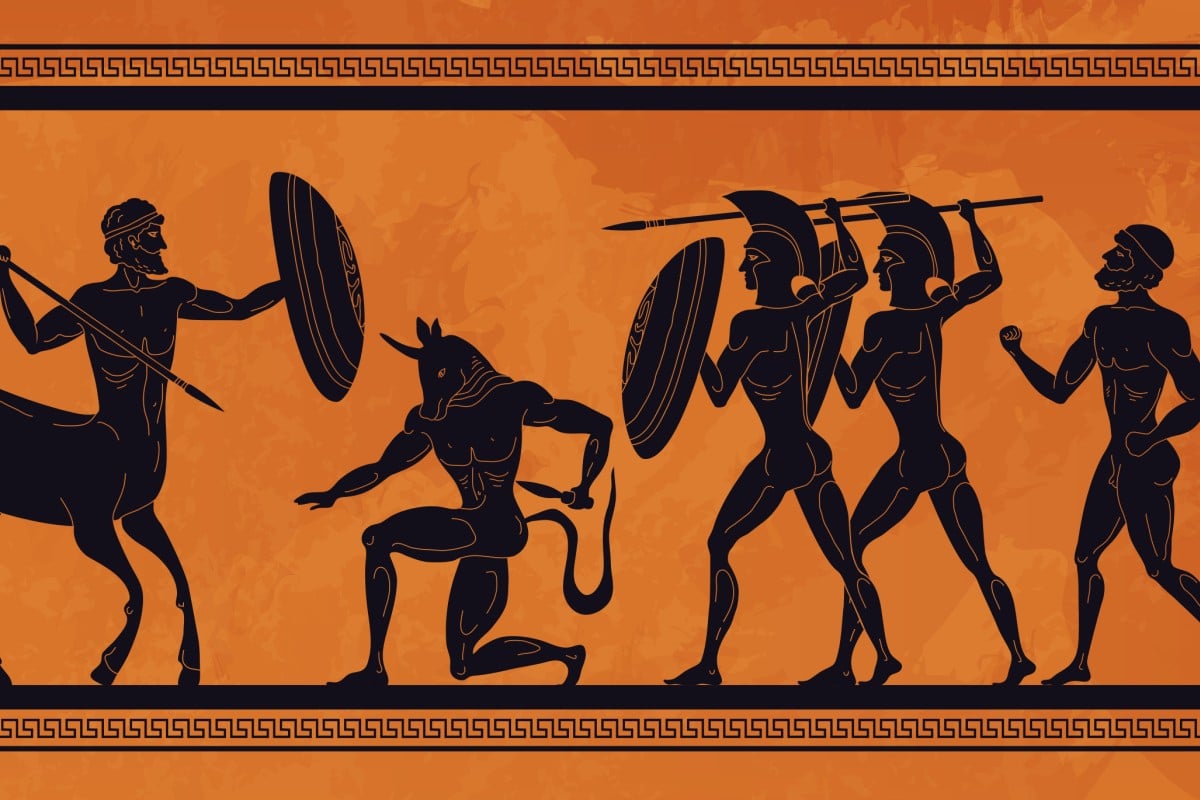
Write to Win: If you could be any historical figure, who would you be? (Round 4)
Our writing contest starts with 10 students, who are eliminated one at a time based on your votes and YP editors’ picks.
 One contestant says they would want to be a scribe recording history being made. Photo: Shutterstock
One contestant says they would want to be a scribe recording history being made. Photo: ShutterstockRead the responses to this week’s Write to Win prompt, and choose the answer you like most.
Green: If I could be any person from history, I would choose Marilyn Monroe. I would aim to influence young girls through my beauty and femininity, empowering women, especially in the 1950s when there were few rights for women. Sharing my own tough experiences with harmful substances and mental health, I want to motivate actresses to take on diverse roles and not just be seen as femme fatales but also as strong and bold ladies. My goal would be to encourage others to embrace themselves and inspire the future generation of Hollywood entertainers.
Pink: If I could channel Alfred Adler, the esteemed psychologist, I would use his insights to help others manage their overthinking. Adler believed that our struggles often arose from how we perceived ourselves in the eyes of others. Instead of being haunted by past errors, we should consider letting bygones be bygones. My focus would be on guiding people to reshape their narratives when they feel trapped. For instance, I would design daily exercises to combat overthinking, like jotting down thoughts and asking, “Is this worry beneficial, or is it just holding me back?” History is not solely about significant events. I would want my impact to ripple through every life I touch, proving that even small actions can spark big changes.
Blue: If I could be anyone, I would be William Shakespeare. I would write plays and poems about people’s feelings. I would create famous stories just like Hamlet and Romeo and Juliet. I would perform my plays at the theatre, talking with the audience and working with other actors. Besides writing, I would consider important issues of my time and use my art to inspire people to think. In addition to this, I would want to share my thoughts on love, friendship and the struggles people face every day. I would write about happiness and sadness, making sure my poems connect with everyone. My hope would be to leave a lasting impact through my words and to make people feel understood and less alone in their feelings.
Black: Neil Armstrong, the first man to walk on our celestial neighbour. It’s a once-in-a-lifetime moment to land on the mysterious moon. Since I was young, I have wanted to be an astronaut, ride on a spaceship, wear a spacesuit and stroll on the moon. If I could be Neil, not only would my dream come true, but I could also be the hero announcing the immortal words: “A single step for man, a giant leap for mankind.” It’s legendary, isn’t it? After returning to Earth, I would publish an autobiography with illustrations of the scenic moon and my thoughts about my extraordinary exploration!
Brown: As an avid reader and a big fan of Jane Austen, I would like to understand which experiences shaped her as a person and motivated her to write such influential, relatable and universal classics that still resonate with readers around the world today. As Austen, I wouldn’t try to change the themes of her writing, but rather tie up loose ends by creating endings to her unfinished works, especially The Watsons. Although many of the themes in The Watsons are quite similar to the rest of her works, it provides a fresh perspective on Regency-era family dynamics, especially between estranged families, and a finished novel would make a meaningful addition to Austen’s “core six” novels.
Red: I would be Mother Teresa since she was a brave woman who campaigned for world peace, lovingly cared for others and wanted to make a change in the world. She helped families break the cycle of poverty, cared for the sick and raised awareness for leprosy. If I were her, I would campaign for more upper-class individuals to donate money to help people in need instead of splurging on themselves with luxurious items. We all live on the same planet, and it’s crucial for us to help each other and people who aren’t as fortunate as us, just like how Mother Teresa did for the poor and sick.
White: I would be a scribe who accounts for all the triumphs and woes I am fortunate to bear witness to. From the first humans to prominent figures like Cleopatra, history is rich with stories of bravery and cruelty that offer invaluable insight. However, history doesn’t write itself; it relies on scribes to document the legacies of kings, queens and politicians. Was Marie Antoinette as egocentric as she is made out to be? When did Shakespeare truly die? These are questions we may never have the real answers to. Scribes are an integral part of history as their work shapes our understanding of civilisation, and this never ceases to fascinate me.
